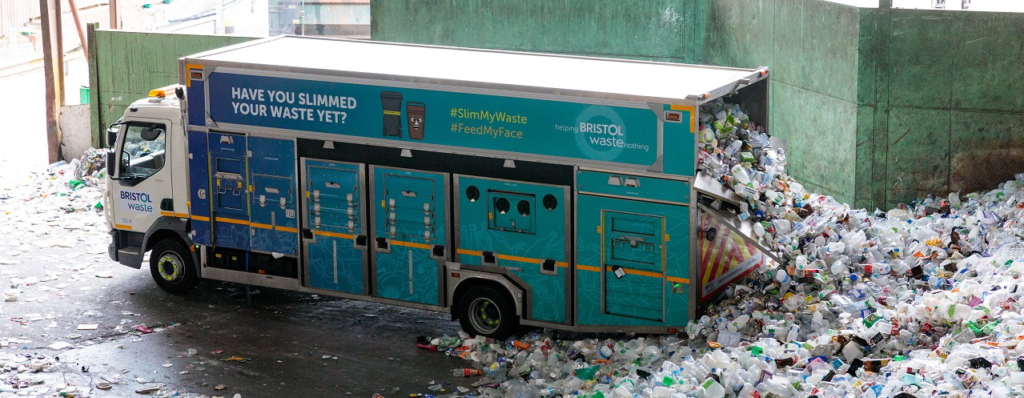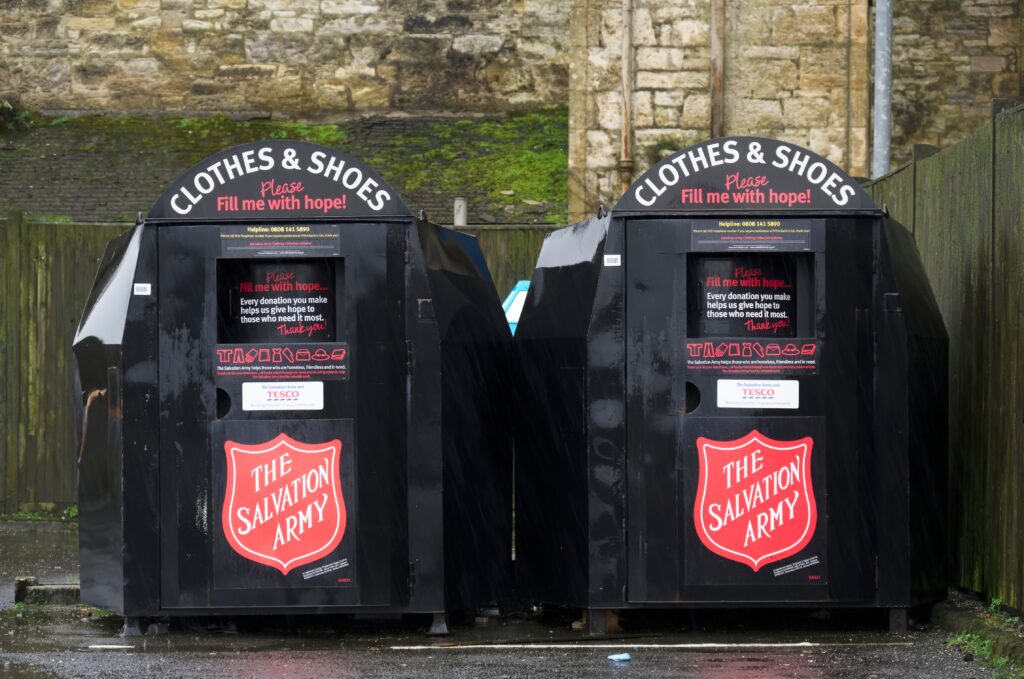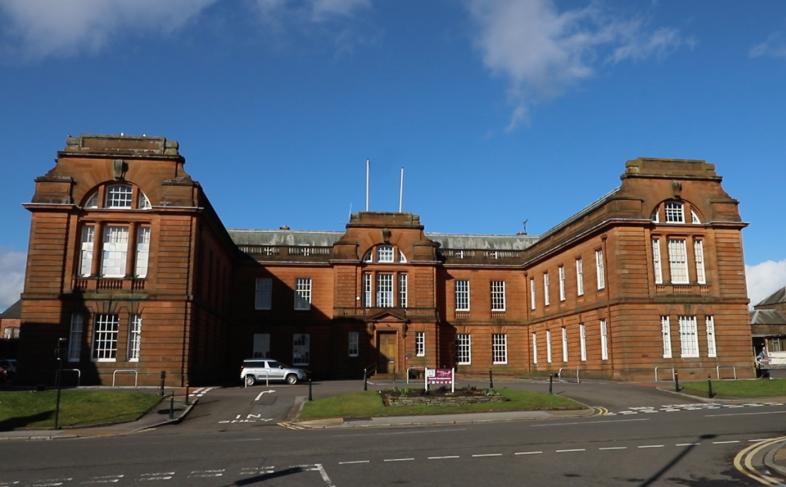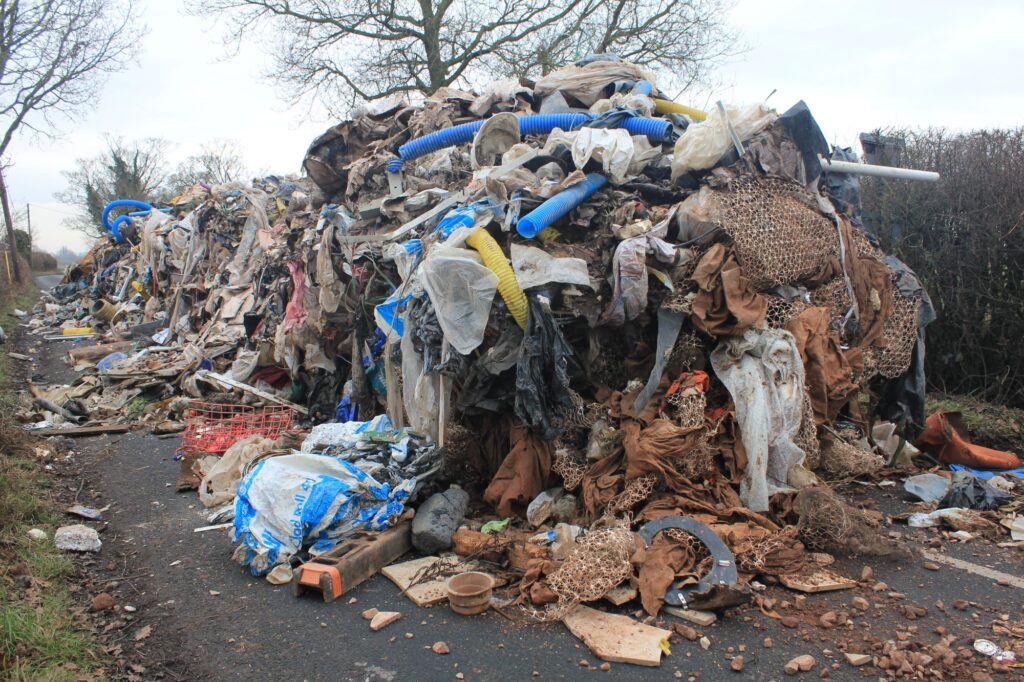New analysis from the council-owned waste management company found that the volume of recyclable materials ending up in people’s household waste has increased from 44% to 53%.
It found that food waste made up nearly a third of the average household wheelie bin at 31% in 2024 – up from 25% in 2023.
The remaining 22% comprised of dry recyclable materials such as plastic, metal, glass, card, paper and garden waste – an increase from 15% in 2023.
Bristol has called on residents to make use of their weekly household collections and separate materials out properly.
Sarah Burns, Sustainability and Engagement Manager for Bristol Waste Company, said: “This waste composition analysis is where we get our understanding of recycling habits across the city.
“Helping us identify areas where we might need to up our efforts, informing our campaigns and allowing us to adapt our service to best serve an ever-changing city.
“This latest analysis has made one thing clear; we need to recycle more.”
The waste composition analysis looked at the contents of the bins of approximately 500 randomised and anonymised households in Bristol.
It found that the average black wheelie bin in the city is collected when it is 74% full.
Additionally, it identified that amount of food in the brown food waste bin has stayed consistent to 2023, implying that more food waste is being generated.
The cost of disposing of waste incorrectly
In 2024, Bristol spent more than £10 million disposing of household general waste.
The council predicted it could have saved as much as £5 million if all recyclable material had been correctly disposed of.
In the same year, Bristol council made approximately £4.5 million through the recycling of materials.
If those materials had gone into the general waste, the council said it would have cost more than £8.3 million in disposal fees.
Bristol added that every tonne of waste was sold for an average of £340 last year.
Ricky Gayfer, Deputy Operations Director at Bristol Waste Company, said: “Every black wheelie bin full of waste costs the city money, whereas recycling in the right container can be sold, generating revenue.
“This helps ease demand on public funds and supports other key services, all whilst protecting the environment.
“It seems like a simple thing to do, but the benefits of recycling are incredible. It’s such an easy win to put materials into the right recycling container.
“If Bristol residents are confused about which material goes in which recycling container, check Bristol Waste’s website, where it shows how to sort materials and what happens to Bristol’s recycling.
“At Bristol Waste, we ensure waste is disposed of responsibly and recycling is sent on to become new products. We aim to keep resources within the UK where we can.”
‘We must do more’
Councillor Martin Fodor, Chair of Bristol City Council’s Environment and Sustainability Committee, said: “We’re grateful for the effort residents already put into correctly sorting their recycling, but these latest figures show we must do more to ensure our waste and recycling end up in the right kerb-side container.
“Correctly sorting more of your recyclable materials to increase the amount we recycle reduces our environmental impact. If we can cut the amount of general waste we send to landfill or burn to create electricity or heat, we can reduce the amount of harmful greenhouse gases we’re releasing that are causing global temperatures to increase.
“When recyclable materials end up in our wheelie bins, rather than our kerbside recycling containers, this not only costs our city more to dispose of but also means we’re missing out on earning important money that we could be reinvesting into our recycling service and helping to reduce costs to the taxpayer.”









Subscribe for free